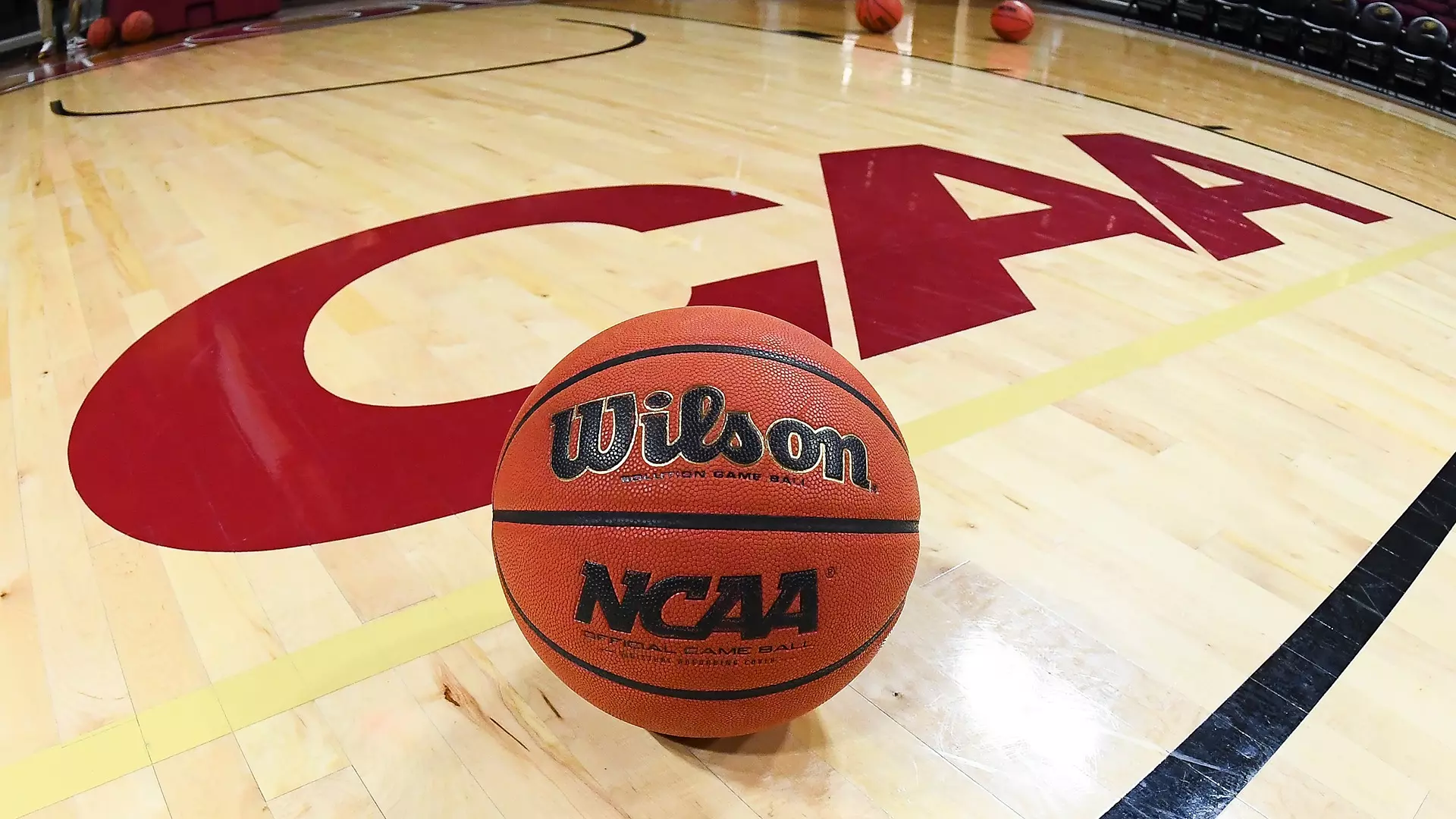From Gary Parrish of cbssports.com :
If Wichita State coach Gregg Marshall survives his school’s internal investigation into his potential abusive behavior, it’ll only be because he’s been so successful. And because he’s so powerful. And because he has major allies both inside and outside of the Wichita State athletic department.
But, make no mistake, if Marshall really did punch Shaq Morris during a practice in 2015 — as Morris claimed in an interview with Stadium published late Thursday — he undeniably crossed a line that cannot be crossed. And if it costs Marshall his job, he’ll have only himself to blame.
Itching for more college hoops analysis? Listen below and subscribe to the Eye on College Basketball podcast where we take you beyond the hardwood with insider information and instant reactions.
The allegations are troubling.
More than 30 current and former members of Wichita State’s program told Stadium that Marshall has been both verbally and physically abusive for much of his tenure, which played a role in seven players transferring after the end of last season. The most serious allegation comes from Morris. It was delivered on the record and confirmed by multiple former players who detailed an incident at a practice in October 2015 that happened after Morris fouled teammate Zach Brown in a way that caused Brown to land awkwardly.
“I went over to help [Brown] up, and as I was helping him up to make sure he was okay, ‘Bam’ — I’m struck on the left side of my face with a punch,” Morris said. “I turned back with my fists ready to punch or swing. I don’t know who did what — and I see Marshall standing there. I turned around and started walking out.”
Wichita State’s internal investigation could obviously lead to Marshall, a 57-year-old former Naismith Coach of the Year, losing his job despite the fact that he’s taken the Shockers to seven of the past eight NCAA Tournaments and all the way to the Final Four in 2013. And if Marshall does lose his job over this, hopefully it’ll send a message — anothermessage — to college coaches from coast to coast that the days of bully-coaching should be completely in the past. To be clear, not everybody puts their hands on players like Marshall allegedly did. But far too many coaches, even Hall of Fame coaches, have spent their careers yelling and screaming, constantly demeaning and ridiculing their players in ways that should be unacceptable, and would be unacceptable, if not for the weird power dynamic that exists on many campuses.
I’ve seen it with my own eyes.
No college professor would ever be allowed to talk to a student the way so many college coaches talk to student-athletes. It’s crazy. But it’s also very common, mostly because, I guess, it’s just always been that way. There’s a line between motivating and humiliating, and coaches cross that line all the time — usually behind closed doors in practices shielded from the public, but sometimes even on national television during games. Things you rarely see NBA coaches do or say college coaches do and say all the time to the point where it’s normalized, rationalized and excused. As a result, even in the year 2020, fans are still more likely to laugh than be offended when a college coach absolutely loses his mind on a college player.
Is that really OK?
I’ve argued, for a while now, that it’s not. You don’t have to humiliate someone to motivate them. You don’t have to demean someone to push them. And putting your hands on anybody is way out of bounds.
Gregg Marshall should’ve learned this lesson from Bob Knight’s demise. And if not Bob Knight’s demise, then Mike Rice’s. It’s not like coaches haven’t been fired for less than what Marshall allegedly did, which makes all of this difficult to comprehend unless it’s simply rooted in anger-management issues that have never been properly addressed. I won’t try to make that diagnosis from a distance. But with yet another prominent person on the verge of maybe losing his job for the way he allegedly treated his players, it’s fair to wonder if this will finally be the wake-up call too many in the college coaching profession need.




